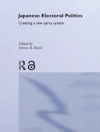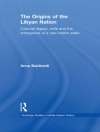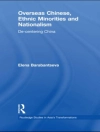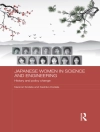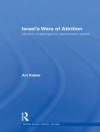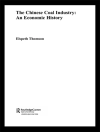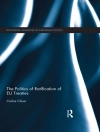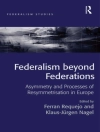This publication includes peer-reviewed manuscripts from the 2011 International Network of Environmental Forensics (INEF) Conference held at St. John’s College in Cambridge, UK. INEF is an organization founded by environmental forensic scientists for the express purpose of sharing and disseminating environmental forensic information to the international scientific community. Environmental forensic information presented at this conference included topics on contaminant age dating, the use of chemical and biological diagnostic markers for contaminant source identification, advancements in the use of petroleum hydrocarbon pattern recognition techniques, the availability of surrogate chemicals to identify the age of a contaminant release, the identification and application of chemical impurities for source identification and advancements in compound specific isotopic analysis, especially related to chlorinated solvent releases. All of these topics were presented in terms of their applications in contaminant releases throughout the world in terrestrial and marine environments. This professionally edited book is the second of a series of INEF conference publications chronicling the current state of the art in environmental forensics. The intent of this publication and subsequent INEF conference volumes is to capture the evolution of environmental forensic topics as a scientific discipline.
Tabela de Conteúdo
Forensics and Natural Resource Damages;
Environmental Forensic Approach in Malaysia: An Analysis of Environmental Legislation;
Effectiveness of Forensic Investigation of Wildlife Crimes;
A Forensic History of Dry Cleaning Equipment and Solvents;
High Resolution Site Characterization and Integration with Environmental Forensics;
An Objective Method for Comparing Unresolved Complex Mixture (UCM) ‘Humps’ In Gas Chromatograms;
New Dimension of Pentacyclie Teriterpanes: Does Combustion Change the Chemical Structures of Compounds?;
Advanced Site Investigations with 3D-CSIA Approach Reveal Multiple Sources;
Fingerprinting of Gas Contaminating Groundwater and Soil in a Petroliferous Region, Alberta, Canada;
Tracing Higher Plant Inputs to Coastal Sediments: An Integrated Isotopic and Molecular Approach for Forensic Investigation;
Isoscaping Soil Carbonate Across Northern Ireland;
Linking Distribution of Soil PAHs to Location as a Forensic Tool;
Significant Depletion in 13C/12C of the Methoxyl Group in Methyl Tert Butyl Ether (MTBE) and the Implications for the Application of Stable Carbon Isotope Studies;
Mass Balance Calculations for Retail Petroleum Tanks;
Resolution of a Comingled LNAPL Plume to Address Concerns of a Potential MTBE Release;
Gasoline Differentiation in Water Table Free Product in a Neighborhood of Mexico City;
Carbon Disulphide – Contaminant or Biogenic Compound? A New Perspective;
Prediction of Turbulent Transport using Variable Effective Diffusivities of VOC Vapor in Indoor Air;
Change of Atmospheric Concentrations and Source of Benzo(a)Pyrene and 7-Nitrobenzene(a)Pyrene in Kanwa, a Typical Local City in Japan during 1999 And 2000;
Volcanic Ash Deposition Across the UK: Evidence from Environmental Change Network Sites;
Visualization and Analysis of Environmental Forensic Data;
Assessing Changes to the Congener Profile of PCDD and PCDF during Bioaccumulation in Chicken and Duck Eggs;
Prediction of the Environmental Fate of Methylamphetamine Waste;
Subject Index
Sobre o autor
Robert Morrison has a B.S. in Geology, a M.S. in Environmental Studies, a M.S. in Environmental Engineering and a Ph.D. in Soil Physics from the University of Wisconsin at Madison. He has worked for 38 years as an environmental consultant on projects related to soil and groundwater contamination, including site investigations and remediation. His current specialization is in the forensic review and interpretation of scientific data for the purpose of identifying the source and age of a contaminant release. Gwen O’Sullivan is currently an environmental chemist with Trium Environmental Solutions Inc. (TRIUM). In this role she is responsible for project management, business development, litigation support, and independent scientific investigation. She has B.Sc. in Environmental Sciences from University of Limerick in 1999, and a Ph.D from the Environmental Engineering Research Center within the department of Engineering at Queen’s University of Belfast in 2004. She has worked on numerous projects and designed and managed environmental forensics investigations involving compounds of major concern.


